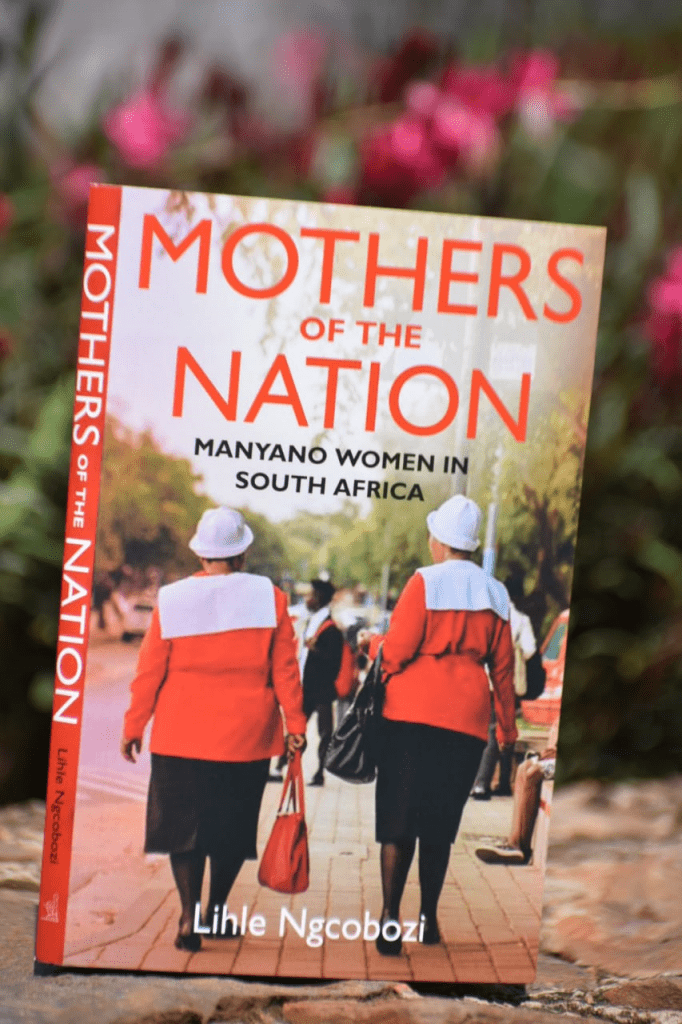
In villages, townships, and cities in South Africa, you are bound to cross paths with Manyano women draped in their red, white, and black colours and en route to their house of the Lord.
Manyano has become a great historical symbol for the black church in South Africa. This is where praying black women find a space to solidify their relationship with their Creator.
In this thoroughly researched book titled Mothers of the Nation- Manyano Women in South Africa, researcher and author, Lihle Ngcobozi traces the genesis, purpose, and the role played by this supreme women’s organisation in the Methodist church throughout the colonial, apartheid and post-apartheid South Africa.
Lihle does this successfully by interviewing varied generations of women who have been part of the Manyano leadership and those that are the currently holding the baton in the organisation.

Now, I really need to give enough credit to Lihle for a job well done in this book.
Not only because she successfully reminded the readers about Manyano women’s influential role in the fight against the iniquitous apartheid rule, but for the level of rich research she conducted in making her point about how this women-led organisation continue to play a pivotal role in the fight against the socio-political complexities of contemporary South Africa.
She highlights to a reader how the organisation continues to be a haven for women to discover the womanhood, ubufazi and motherhood, their value and role in society and the citizenship as described by themselves free from patriarchal set-ups. She juxtaposes her arguments with those of Western feminist discourses.
I need to make a point that I am not affiliated with the Methodist church in either shape or force.
However, I have seen how these women as we call them in my home language ‘Bomme ba thapelo’ (praying Mothers) continue to pray not only for their immediate and extended families but everyone in their communities.
Whenever there is a woman who is going through a painful experience in the community, troubled teenage gangsters, unemployment youth or victims of gender-based violence, Manyano women are forever showing their presence in many households to deliver their prayers and support.
These divine blessings, mind you, care for community members who are not even members of the Methodist church. This just illustrates that these women are mothers of the nation and Lihle got it right with the title, befitting it with the description of Abomama.

In Mothers of the Nation, Lihle has honoured and rightly praises the role played by the ‘darlings of heaven’ on earth in doing good for God’s children.
This is an important book, thoughtful and a must-read one for everyone irrespective of whether you are a member of the Methodist church or not. It will help you understand the importance of this organisation in democratic South Africa.
For the Wesley guilders(the youth in the Methodist church), this book will provide important lessons about a woman’s important role in the church and the meaning of attached to the sacred uniform of Omama BoManyano.

